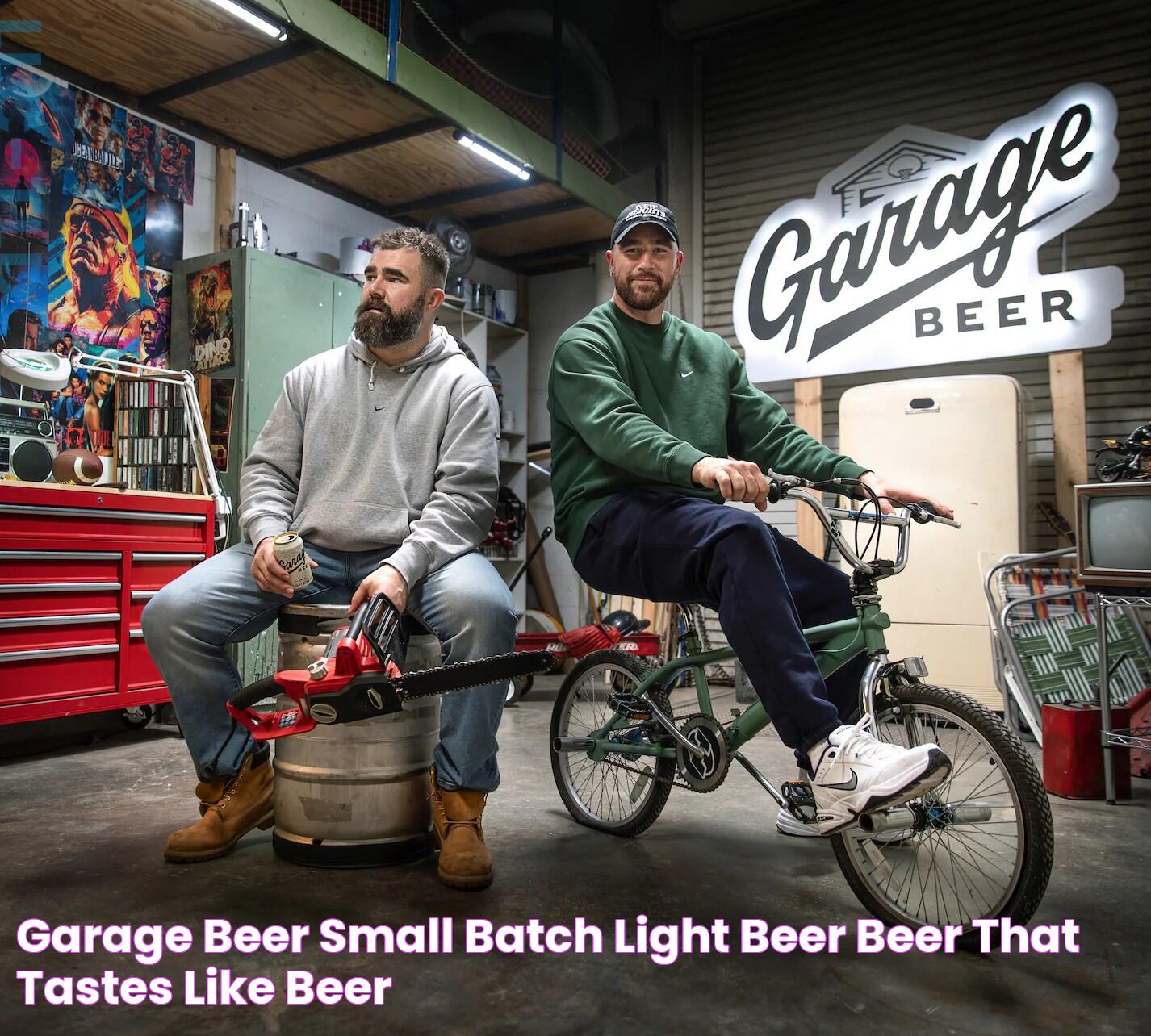Local Craft Brews: Garage Beer Near Me For Every Enthusiast

In recent years, the craft beer scene has exploded in popularity, with enthusiasts everywhere seeking unique and flavorful brews. What better way to experience this burgeoning trend than by exploring "garage beer near me"? These small, often locally-owned breweries offer a distinct taste and character that you won't find in mass-produced beers. Whether you're a seasoned beer connoisseur or a curious newcomer, garage beers provide a rich tapestry of flavors and stories waiting to be discovered. Let's dive into the world of garage beers and see why they are becoming a staple in local communities.
Garage beers are the epitome of local craftsmanship. These beers are typically brewed in small batches, allowing brewers the creative freedom to experiment with different ingredients, brewing methods, and flavor profiles. The term "garage beer" often refers to the humble beginnings of many craft breweries, which started in garages or small-scale facilities. This grassroots approach has cultivated a sense of community and authenticity, drawing beer lovers closer to the brewing process. With the rise of craft beer culture, searching for "garage beer near me" has become a popular pastime for those eager to support local businesses and enjoy unique brews.
Finding a garage beer near you not only provides an opportunity to savor exceptional beer but also helps support local economies and foster a sense of community. Many garage breweries host events, tastings, and tours, offering patrons an immersive experience into the world of craft brewing. This personal connection between brewer and consumer is something that large-scale productions simply cannot replicate. By visiting a garage brewery, you can gain insight into the passion and dedication that goes into every pint while enjoying the camaraderie of fellow beer lovers. So, if you're wondering where to start your next beer adventure, "garage beer near me" should be at the top of your list.
Read also:Chicago Cubs Schedule Your Ultimate Guide To The 2023 Season
Article Recommendations

